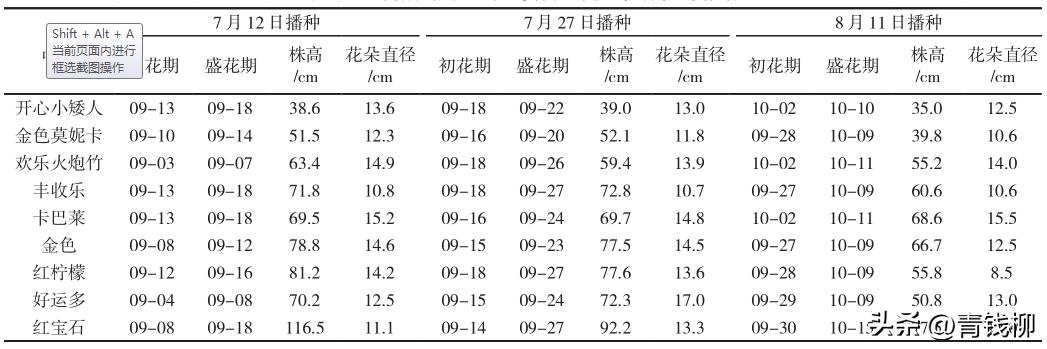(1)surprise 用作名词,意为“惊奇,惊讶”。常用短语:
in surprise 惊讶地;
to one's surprise 令某人惊讶的是
例如:
To our surprise ,he won first prize in the competition.
令我们惊讶的是,他获得了竞赛的第一名。
He leaned back in his chair and looked at me in surprise.
他靠在椅子上,惊讶地看着我。
(2)surprise 用作动词,意为“使惊讶,使诧异”。常见用法:
surprise sb. 使某人惊讶/吃惊
其后接宾语或that 引导的宾语从句
例如:
It surprised me that he sang this song so perfectly.
他把这首歌唱得如此完美,我感到很惊讶。
『拓展』
surprise 的形容词有surpring和surprised.区别如下:
<1>surprising 意为“令人惊讶的”,多用来修饰物,既可作表语,也可作定语。
<2>surprised 意为“感到惊讶的”,多用来修饰人,常作表语。
常用短语:


谢谢!
,




